Advertisement
Today's sales teams operate under great strain. They balance tasks, including customer outreach, lead management, and data entry. AI is transforming how these teams operate. AI lets staff members concentrate on important client contacts and helps to automate repetitive tasks. The real-time insights it offers can enable salespeople to clinch deals more quickly. AI-powered tools handle routine tasks, hence increasing output in related fields.
AI-driven performance tracking highlights areas where team members can improve. Companies that apply AI in sales achieve better results with fewer resources. Managers see processes and advancement, which makes performance coaching more effective. Using artificial intelligence provides employees with the means to thrive. It generates a more concentrated and effective sales environment. In sales, artificial intelligence enhances worker effectiveness and, over time, raises return on investment.

AI streamlines time-consuming activities and automates repetitive sales tasks. AI handles email replies, scores lead, and manages calendars. Staff members can spend their time on jobs close to deals when they are automated. Lead sorting by artificial intelligence systems can be based on behavior, budget, and engagement. After that, salespeople concentrate on leads with more conversion possibilities. Also, lessening human mistakes in automation. Automation preserves accuracy, making data more valuable for future campaigns.
Chatbots quickly answer customer questions. Instant chatbots accelerate replies and relieve pressure on support staff. Artificial intelligence can automatically enter CRM data, log calls, and evaluate notes. Staff members are not required to labor hours on hand-made entries. Automated follow-ups and reminders guarantee that prospects are not lost. Teams keep a better flow and remain on top of assignments. Less tension and more structure help employees to perform better. Artificial intelligence increases general efficiency and saves time. Better results with less work follow from this.
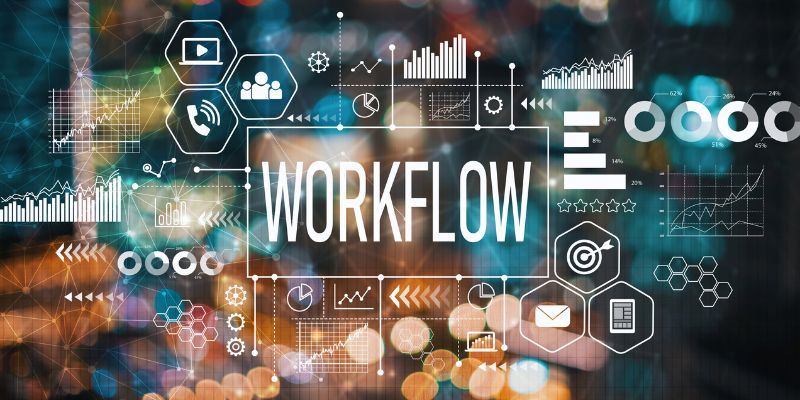
AI analyzes massive sales datasets in real-time, so staff members clearly understand customer preferences and behaviors, which guides their approach. Data insights can reveal which items sell better and under which seasons. After that, staff members can concentrate on outstanding items. Artificial intelligence also notes trends in consumer contacts. Sales reps can optimize outreach timing using behavior data. Predictive analytics projects future patterns using historical behavior.
Teams polish timing and create better pitches. AI can highlight areas of the sales funnel where performance suffers. That lets administrators change courses of instruction and provide encouragement. Clear data also emphasizes the strengths of every team member. Leaders set assignments based on those areas of strength. Staff members who perform work according to their level of expertise show better performance. Having fast access to pertinent information sharpens judgment. Teams gain confidence in their approach and clarity about the next steps. More successful results follow from smarter plans.
AI enables every prospect to have unique experiences. It looks at consumer behavior, purchasing patterns, and internet presence. Thus, staff members can more accurately customize offers and messaging. Customized materials create closer relationships with leads. People react better when offerings seem relevant. AI tools recommend when to make calls or send emails, raising open rates and engaging more people. Salespeople also receive alerts on consumer behavior, including when viewing pricing pages.
That facilitates improved interactions and timely follow-up. Product recommendations grounded on browsing behavior increase cross-selling prospects. Dynamic scripts made possible by artificial intelligence change depending on user responses, keeping chats orderly and targeted. Customized outreach strengthens client connections and confidence. Sales teams leveraging artificial intelligence close more transactions more quickly. Staff report improved answers and increased conversion rates. Regular participation reduces the time spent hunting cold leads. Every team member has the means, thanks to artificial intelligence, to interact more closely with clients.
AI helps staff members grow and not only supports daily tasks. AI-driven systems monitor staff performance across key metrics like call volume, conversion rate, and response time. They point up places needing work. That gives coaching more focused efficiency. Interactive training modules adapt to each employee's learning pace. Depending on their performance patterns, employees receive pertinent advice. Smart onboarding solutions let new employees ramp up more quickly. Artificial intelligence offers models of real-world sales scenarios.
Employees can practice in a risk-free environment. Instant feedback lets one improve faster. AI transcribes and analyzes call recordings. That helps salespeople polish language, tone, and pitch. Leaders may track development without always checking in. It gives comments timely relevance. Improved training results in better performance overall. Employees develop confidence and skills, creating a more capable and powerful team. Using artificial intelligence for training fosters an always-growing culture. Teams remain competitive and ready for whatever obstacle.
Forecasting then relied on manual guesswork. That has been totally transformed by artificial intelligence. Using past and present data, predictive analytics forecasts future results. Solid insights rather than presumptions allow sales teams to plan immediately. Artificial intelligence factors market trends, consumer behavior, and purchase cycles. It paints a better picture of forthcoming prospects. Reps can allocate resources more effectively, cutting lost opportunities and wasted time.
Managers become aware of sales cycles and pipeline conditions. Early warnings on underperforming deals allow for timely intervention. Forecast accuracy helps to create goals and budgets. Employees can match their efforts to reasonable goals. Teams more commonly meet targets. Accurate projections inspire confidence in execution and planning. Everybody is aware of their expectations and their appropriate response. Furthermore, identifying risk factors is a predictive technique. Teams can turn around quickly to prevent typical errors. More precise forecasts translate into more seamless operations and generally better staff performance.
Sales AI changes team dynamics. It improves staff focus and streamlines tasks. Automated regular tasks help sales professionals to perform better. Data insights and artificial intelligence-based training tools help to encourage wiser choices. Teams meet goals more regularly and develop faster. AI-driven personalized plans boost customer engagement and sales outcomes. Integration of predictive forecasting and CRM helps employees perform better. Companies implementing artificial intelligence report higher customer satisfaction and team output. By equipping teams with the right tools and insights, AI in sales enhances overall performance.
Advertisement
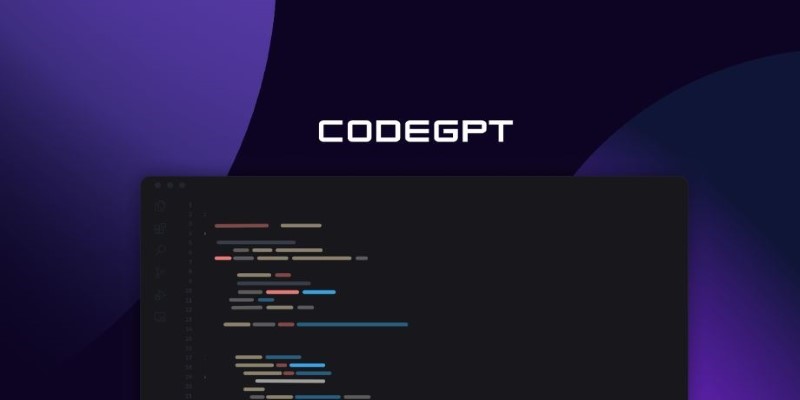
Curious about CodeGPT? Learn what CodeGPT is, how it works, and whether it can really write code that runs. Simple guide for beginners and curious minds
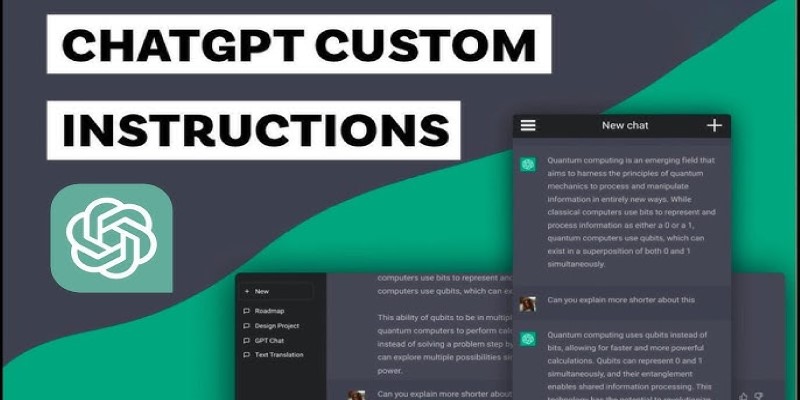
Want to make ChatGPT work better for you? Check out the five most effective ways to use custom instructions and personalize your chats for smarter responses

Learn how to install and use FreedomGPT on Windows for private, unrestricted AI chats, all without needing the cloud.
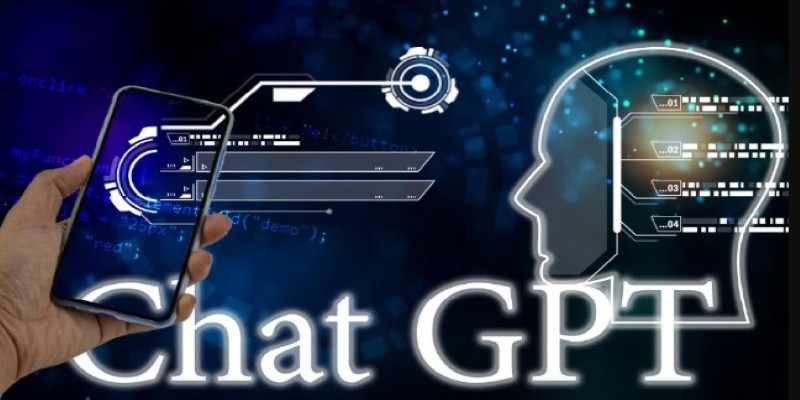
Looking for the right dataset? Learn how ChatGPT can help you select, refine, and evaluate datasets for your data project or AI model
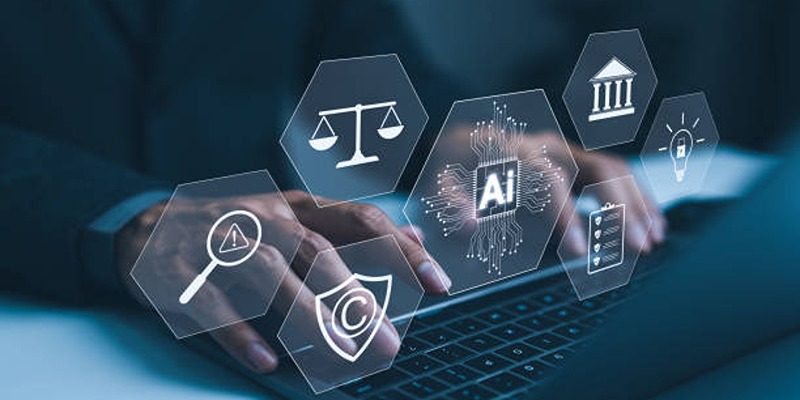
Learn why exploding interest in GenAI makes AI governance more important than ever before.

Empower sales teams with AI-driven automation, data insights, and personalized strategies to boost staff performance and results
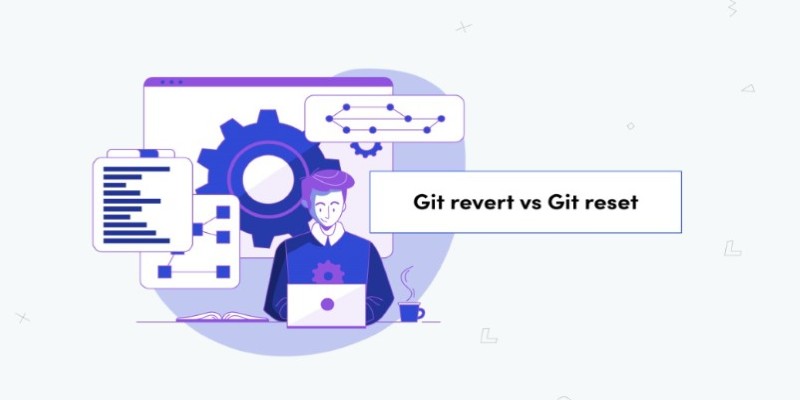
Confused between Git reset and revert? Learn the real difference, when to use each, and how to safely undo mistakes in your projects without breaking anything

Want a smarter way to trade stocks in 2025? These AI tools help you find strong setups, cut out the noise, and make more informed moves with less effort

Ever wondered how to turn a simple text prompt into a beautiful image? Learn how Imagen 2 by Google DeepMind can help you create stunning visuals in just a few steps
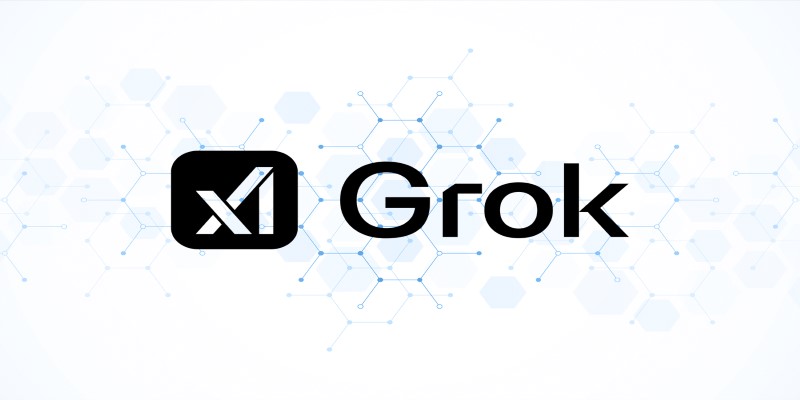
Heard about Grok but not sure what it does or why it’s different? Find out how much it costs, who can use it, and whether this edgy AI chatbot is the right fit for you

From solving homework problems to identifying unknown objects, ChatGPT Vision helps you understand images in practical, everyday ways. Here are 8 useful ways to try it

Wish you had a smarter way to learn games or create images? ChatGPT’s “My GPT” bots can help you do all that and more—with no coding or tech skills required